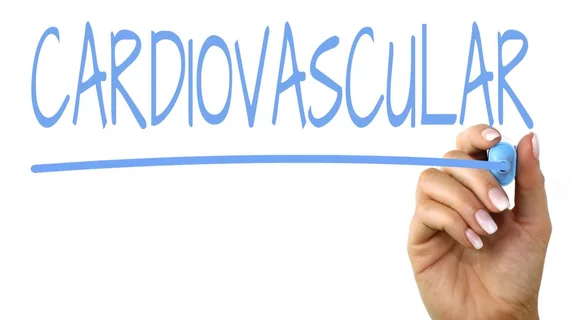Severe eczema in adulthood may increase CVD risk by 70%
Severe and active atopic eczema in adulthood is associated with an increased risk for developing cardiovascular disease (CVD), including stroke, heart failure, myocardial infarction (MI) and atrial fibrillation (AFib), according to a new study published May 23 in The BMJ.
“Atopic eczema affects up to 10 percent of adults and is becoming more common worldwide,” wrote Sinead M. Langan, PhD, of the London School of Hygiene and Tropical Medicine, and colleagues. “It is caused by both skin barrier and immune system defects, and there is increasing evidence that the systemic inflammatory component of atopic eczema may contribute to other conditions, including cardiovascular outcomes. Given the prevalence of atopic eczema, even a small increase in cardiovascular risk would be important from a public health perspective.”
The researchers sought to determine whether active atopic eczema in adulthood impacts a patient’s cardiovascular health. They studied the electronic health records of almost two million individuals in the U.K. to determine if they presented eczema.
Langan and colleagues found patients with severe eczema had a 20 percent increased risk of stroke, a 70 percent increased risk of heart failure and a 40 to 50 percent increased risk of other cardiovascular-related diseases. Patients with any kind of eczema (including not severe) were 10 to 20 percent more likely to experience non-fatal CVD.
Though this study did not determine causality, the researchers noted cardiovascular prevention strategies should be taken into account in patients exhibiting active atopic eczema.
“Consideration should be given to developing prevention strategies to reduce the risk of cardiovascular disease among patients with severe or predominantly active atopic eczema, including awareness of and screening for conventional cardiovascular risk factors by those providing clinical care,” Langan et al. wrote.

